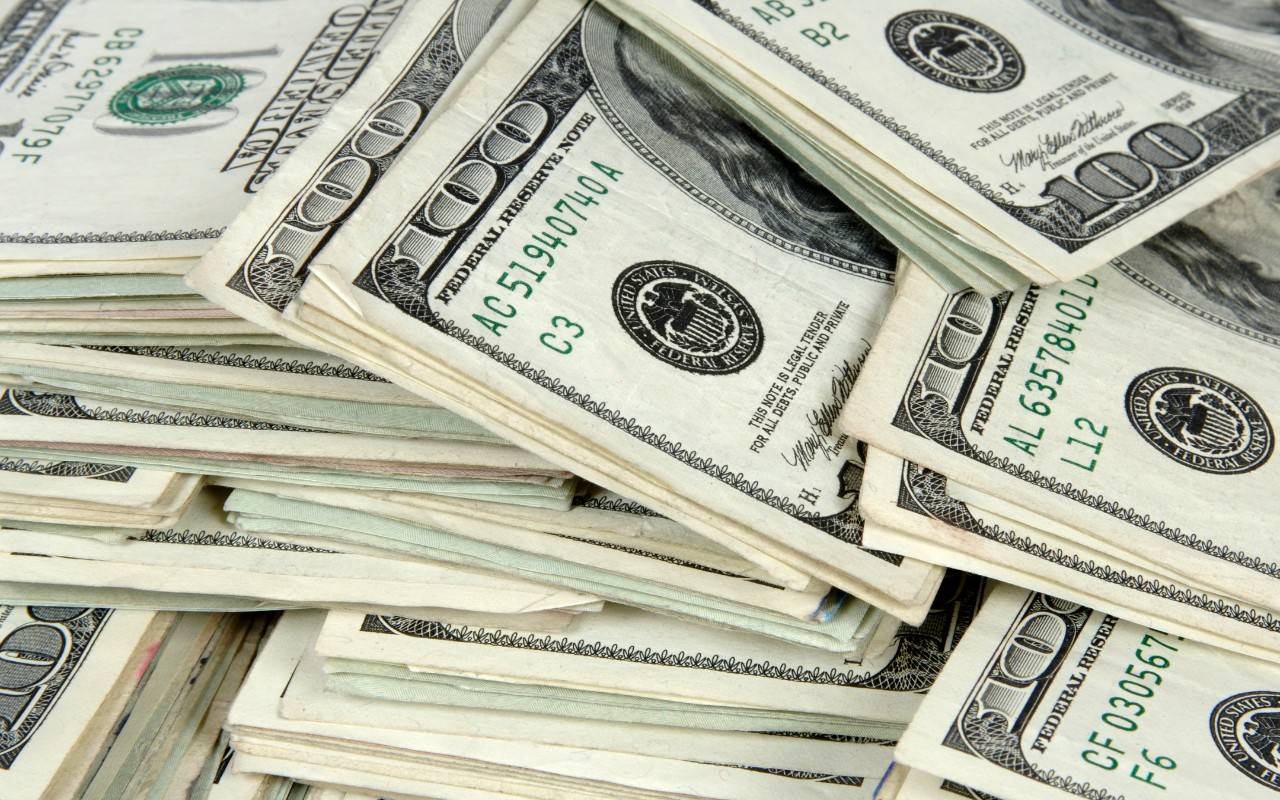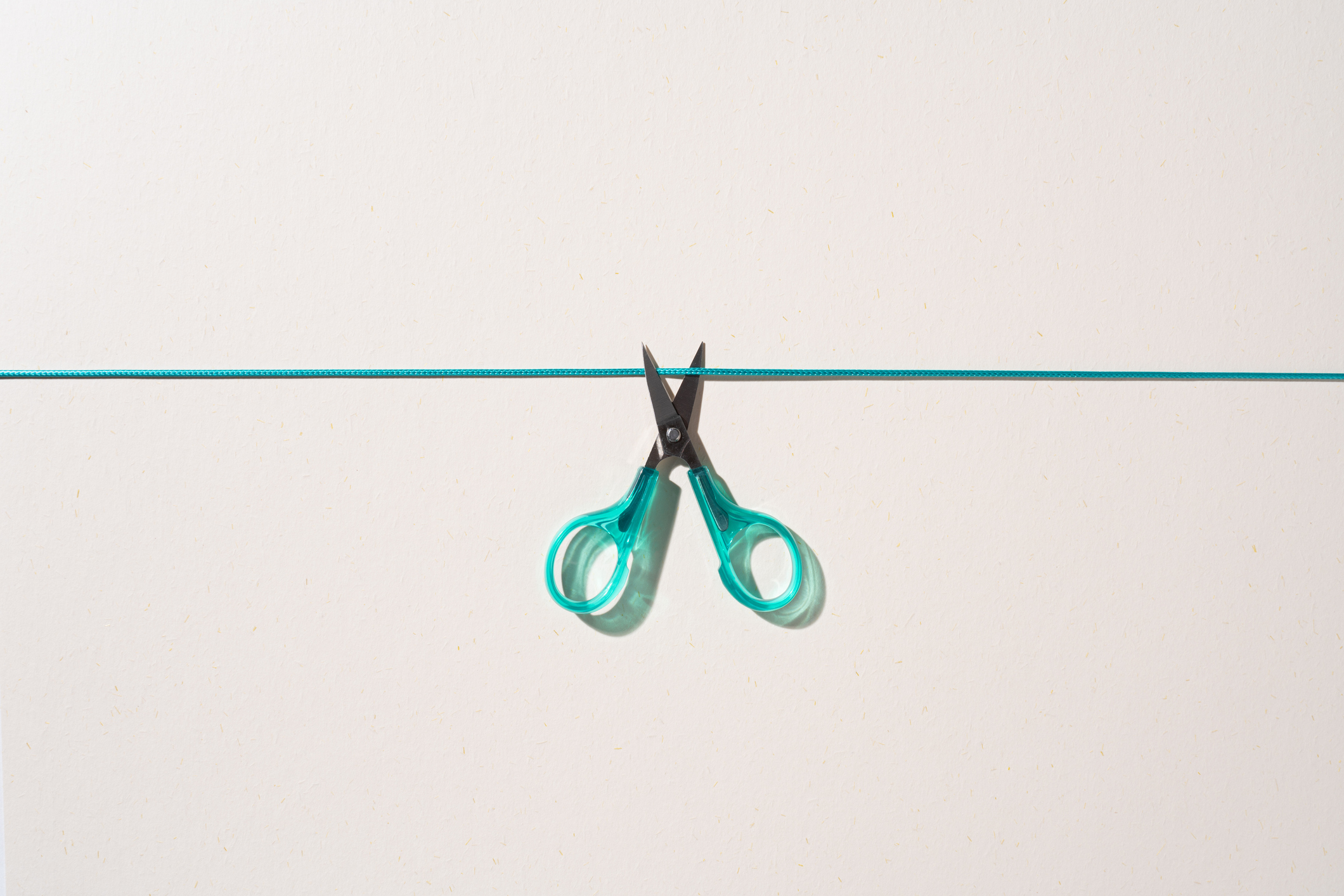10 Things You Must Know About Becoming a Millionaire
Think you are a millionaire in the making? Read on to see what it takes to be truly destined for wealth.


Being a millionaire isn't a ticket to mansions, yachts and caviar like it once was, but the goal is more reachable than ever.
According to 2020 data from Phoenix Marketing International, a firm that tracks the affluent market, 6.71% of U.S. households (or 8,386,508 out of 125,018,808 total U.S. households) have investable assets of $1 million or more.
Note well that to be considered a millionaire by the standards of wealth research, a household must have investable assets of $1 million or more, excluding the value of real estate, employer-sponsored retirement plans and business partnerships, among other select assets.
That's only one way to measure if someone's a millionaire, of course. A net worth of $1 million also qualifies; subtract liabilities, including mortgages and car loans, from assets, including home equity and retirement savings, to determine your net worth. (Use our Net Worth Calculator to get your number.) Either way, hitting the million-dollar mark is no small feat.
Keep reading to see if you have what it takes to become a millionaire.

Most Millionaires Are Made, Not Born
Some folks figure that if they didn't summer in Martha's Vineyard or attend boarding school as a child, they have no chance of becoming a millionaire. But you don't need rich parents to become a millionaire yourself.
Just like Oprah Winfrey and the protagonists of virtually every Horatio Alger novel, the vast majority of Americans with a net worth of at least $1 million were not born rich. In fact, just 1 in 5 millionaires received money from a trust fund or an estate, according to The Millionaire Next Door by Thomas J. Stanley and William D. Danko. During his 30 years researching the wealthy, Stanley says he consistently found that between 80% and 85% of all millionaires are self-made. More recently, a 2017 Fidelity Investments survey indicated that 88% of millionaires built their wealth themselves.
Among our favorite rags-to-riches millionaires: Radio One founder Catherine Hughes, a teenage mom and college drop-out; Tastefully Simple CEO Jill Blashack Strahan, who grew up on a farm; and entrepreneur Ali Brown, who had less than $20 in her bank account when she launched her first marketing company in 1998.

You Don't Need a High-Powered Graduate Degree
With condolences to those with grad school debt, an advanced degree does improve your chances of higher lifetime income, but it doesn't necessarily improve your chances of joining the millionaires' club. Only 18% of those with a net worth of $1 million or more hold a master's degree, while 8% have law degrees and 6% went to medical school, according to The Millionaire Next Door.
Seventy-four percent of millionaires do have an undergraduate degree, even if they didn't stick around for their master's or PhD, according to Spectrem Group, a consulting firm that specializes in wealth research and management. (Spectrem defines a millionaire as someone with a net worth of $1 million excluding the value of a primary residence.) That number is 70.1% among the billionaire set, according to a 2015 Wealth-X census.
Don’t get us wrong: Many graduate degrees are worth the effort. The median annual salary of someone with a professional degree is $98,436 a year, according to the U.S. Bureau of Labor Statistics, versus $67,860 for the typical four-year college graduate. A high school grad earns just $40,612 annually.

Behold the Magic of Compounding
Which savings strategy will get you to $1 million in the bank by age 65, assuming 8% annualized returns: Save $200 a month starting at age 20 or $800 a month starting at 40?
Wealth creation lies in compounding. Each year, your money can earn interest on both the original amount and the interest earned from the year before. More years equals more interest, and more interest means faster asset growth and an easier path to $1 million.
Thanks to the magic of compounding, a 20-year-old who saves $200 a month until retirement would have around $1,055,000 at age 65. That's not bad for less than the cost of a monthly pizza tab in some households. If you wait until age 30 and kick in $400 a month, that number drops to about $918,000. A 50-year-old contributing $1,500 a month would have only $519,000 by retirement.

You Don't Need to Be a Stock Market Wizard
When it comes to investing, most millionaires still have a lot to learn.
You don't have to study finance or memorize stock tables to make a million. In fact, 58% of millionaires say they have a "great deal" to learn about investing, according to Spectrem Group, and 19% admit to knowing little to nothing about investments. This should give some comfort to those of us with index funds and Investing for Dummies books.
Despite that lack of expertise, millionaires do invest. Individual U.S. stocks and U.S. stock mutual funds are the favored investments. And the wealthy aren't shy about soliciting professional advice: About two-thirds of millionaires report consulting with financial advisers at least to some degree.

Even the Great Recession Couldn't Knock Millionaires Off Course
There are more households in the U.S. with $1 million in investable assets now than there were in 2006, before the Great Recession hit.
Millionaires have fared well over the past decade-plus since the housing bubble burst and financial markets cratered. Indeed, the ranks of America's millionaires has increased for 11 years in a row.
Today, there are 8.4 million U.S. households with at least $1 million in investable assets, up 56% from before the Great Recession, according to Phoenix Marketing International.

You Don't Need to Have a High-Paying Job to Become a Millionaire
You have a good but not high-paying job. Let's say, for instance, that you write about millionaires on the Internet. You should forget about ever becoming a millionaire, right?
Actually, you should stick to your savings goals no matter what you do for a living. True, 13% of people with a net worth of $1 million-plus are managers, but 11% work in education, according to Spectrem Group. According to The Millionaire Next Door, about two-thirds of millionaires are self-employed, often in everyday professions ranging from pest control to property management.
No matter where you work or how much you make, what’s important is starting to save early and continuing to save over time. Take the case of Paul Navone, who never earned more than $11 an hour as a quality-control inspector at a glass plant. Yet, the retiree accumulated more than $3 million, thanks to his unwavering savings discipline and sound investments.

The Sooner You Start Saving, the Better
It's never too late to make a million, but it takes more money as you age. If you're 45 and have no savings, you would need to put away $1,700 each month in order to retire at 65 with a cool million (assuming 8% average annual returns).
In other words, the longer you wait, the steeper the climb. Compare our 45-year-old, who will need to save $20,400 a year to hit $1 million by age 65, with a 25-year-old, who will need to save $3,445 a year to reach the same mark.
Try Kiplinger's retirement savings calculator to figure out how much money you need to save.

You Can Find Millionaires in Some Surprising Locations
Although the New York metro area is home to the most millionaire households, followed by L.A. and Chicago, Silicon Valley (specifically the San Jose-Sunnyvale-Santa Clara metro area) has the highest concentration of millionaires on a per capita basis. An impressive 13.6% of the households boast investable assets of $1 million or more, according to Phoenix Marketing International.
But big cities don't have a monopoly on millionaires. Small towns are magnets for wealthy residents, too. Topping the list of tiny millionaire cities is Los Alamos, New Mexico.
The tiny town about 35 miles northwest of Santa Fe is home to a government nuclear weapons laboratory and a number of chemists, engineers and physicists who pull down hefty paychecks. In total, 13.2% of the Los Alamos micro area's 7,567 total households are millionaires.

Even Millionaires Need to Save for Retirement
Millionaires worry about IRAs and 401(k)s and retirement plans in general – just like everyone else.
Indeed, according to Spectrem, 30% of millionaires are concerned they may not be able to retire when they want. Even super-savers who already have more than a million saved in just their 401(k) plans continue to squirrel more money away, contributing an average 14.9% to their accounts, according to Fidelity.

Money Can't Buy Happiness
The cliches happen to be true. Money can't buy love, and it can't buy contentment either.
A 2018 study out of Purdue University found that people generally get happier as they make more money, with an "optimal" range falling between $65,000 to $95,000. After that, at least as far as happiness is concerned, it doesn't really get better.
Certainly, making more money than that will provide satisfaction and additional security. Instead, the study merely suggests that, say, a nurse making $95,000 a year is likely to feel just as happy as a higher-paid surgeon. (All the more reason why registered nurse ranks high on our list of the best jobs of the future.)
Profit and prosper with the best of Kiplinger's advice on investing, taxes, retirement, personal finance and much more. Delivered daily. Enter your email in the box and click Sign Me Up.

Dan Burrows is Kiplinger's senior investing writer, having joined the publication full time in 2016.
A long-time financial journalist, Dan is a veteran of MarketWatch, CBS MoneyWatch, SmartMoney, InvestorPlace, DailyFinance and other tier 1 national publications. He has written for The Wall Street Journal, Bloomberg and Consumer Reports and his stories have appeared in the New York Daily News, the San Jose Mercury News and Investor's Business Daily, among many other outlets. As a senior writer at AOL's DailyFinance, Dan reported market news from the floor of the New York Stock Exchange.
Once upon a time – before his days as a financial reporter and assistant financial editor at legendary fashion trade paper Women's Wear Daily – Dan worked for Spy magazine, scribbled away at Time Inc. and contributed to Maxim magazine back when lad mags were a thing. He's also written for Esquire magazine's Dubious Achievements Awards.
In his current role at Kiplinger, Dan writes about markets and macroeconomics.
Dan holds a bachelor's degree from Oberlin College and a master's degree from Columbia University.
Disclosure: Dan does not trade individual stocks or securities. He is eternally long the U.S equity market, primarily through tax-advantaged accounts.
-
 Cord Cutting Could Help You Save Over $10,000 in 10 Years
Cord Cutting Could Help You Save Over $10,000 in 10 YearsHow cutting the cord can save you money and how those savings can grow over time.
-
 The '8-Year Rule of Social Security' — A Retirement Rule
The '8-Year Rule of Social Security' — A Retirement RuleThe '8-Year Rule of Social Security' holds that it's best to be like Ike — Eisenhower, that is. The five-star General knew a thing or two about good timing.
